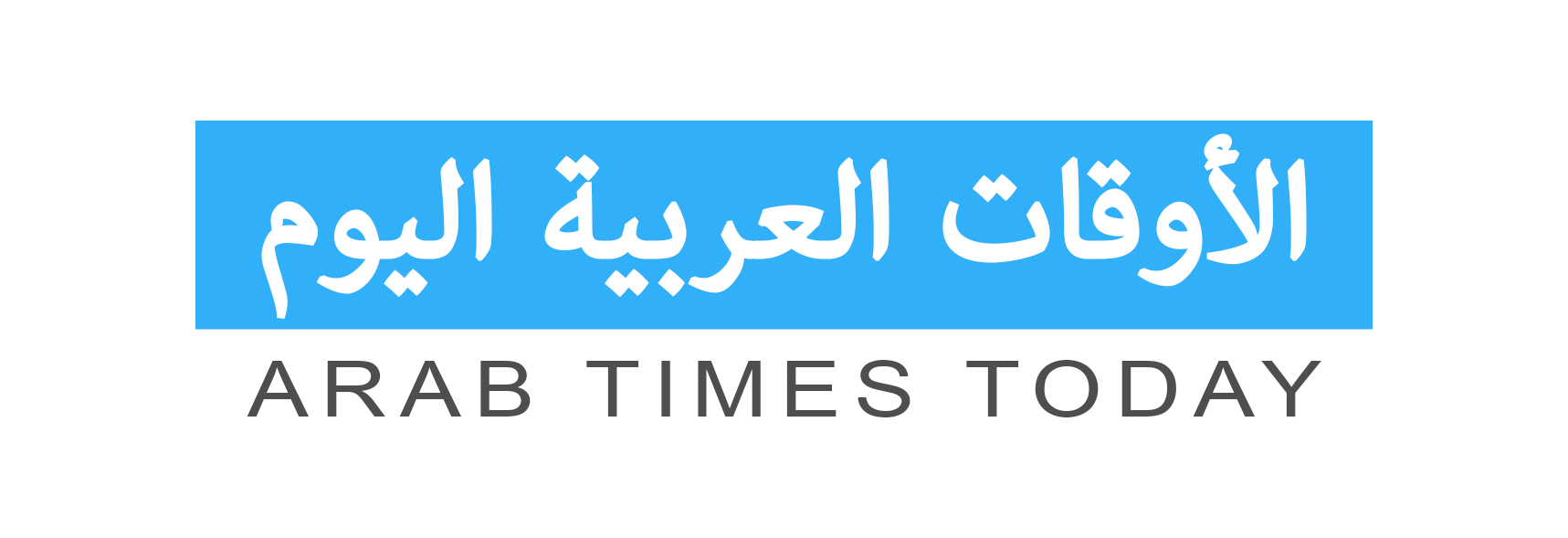In a small town in rural Ireland, an elderly woman is shown a selection of the latest mobile phones.
“This one is the best one we have – best camera and best value, and its battery is as good as any other on the market,” the shop assistant tells her. “It’s a Huawei phone,” he points out.
“Oh no,” the woman quickly replies. “Those are the phones that spy on you, aren’t they?”
As a bellwether for a generation of people in Ireland who watch and listen to the news on a daily basis, it’s a stark reminder of the influence the current US administration has globally, and the ongoing crises that Huawei faces 9,800 kilometres away.
It’s with this backdrop Arabian Business visits the global giant at its sprawling headquarters on the outskirts of Shenzhen to discover what actually lies behind the spying allegations, and why the privately-owned company is in the crosshairs of US trade officials, and more vocally, President Donald Trump.
As the world’s biggest supplier of telecommunications networking equipment and number-two smartphone manufacturer, Huawei has emerged as one of the central figures in the worsening US-China trade rivalry.
The Chinese giant reported revenues in excess of $100bn last year, generating a profit of $8.5bn, and while its impressive figures have been cited by some as the reason for US action, chief among the US government claims relates to security issues – that Huawei equipment could contain loopholes that allow China to spy on global communications traffic.
The emphasis is on could, because the US hasn’t, as yet, produced any concrete evidence. But its own security officials insist the world should shun Huawei’s 5G networks.
The latest to strongly consider US lobbying is the UK, with Boris Johnson – speaking at the recent NATO summit in London – suggesting that the UK will comply with the American stance on banning Huawei equipment within the country’s 5G network.
True to form for the Tory party leader, however, Johnson was spotted using what seemed to be a Huawei P20 to take a selfie following an interview on national television just a day later, something that wasn’t lost on the country’s media.
Lawmakers in Germany have put forward a bill that would impose a broad ban on “untrustworthy” 5G vendors. China’s ambassador bristled back with a threat of retaliation, pointing out that German manufacturers account for a quarter of the 28 million cars sold in China last year.
In truth, however, Huawei has been on the US radar for some time.
In 2005, the US-China Economic Security Review Commission – responsible for monitoring and investigating national security and trade issues, said “industrial espionage is an active tool of China’s strategy for technological development”.
Four years later, a $2.2bn deal for a US networking firm 3Com was scuppered by a similar US congressional committee over security fears.
Around that time, Huawei’s founder Ren Zhengfei reportedly instructed that its supply chain should be diversified. Ten years on, it generates most of its revenue (45 percent) from its consumer business, while 40 percent comes from its carrier market business (4G/5G) and the remainder from its enterprise business, which grew to $10bn last year.
The US campaign has yet to impact Huawei’s revenues, which jumped 24 percent for the first nine months of this year to $86.2bn, and its profit margin increased 8.7 percent.
“2005 was the first year that Huawei got more than half of its revenue from outside China,” Joe Kelly, vice president, corporate communications, Huawei, tells Arabian Business.
“We are still the only Chinese company that has more than half of its revenue from outside the domestic market.”
In addition to the spy allegations, the US has also targeted sales of Huawei smartphones by placing the Chinese firm on an ‘entity list’ that restricts its ability to buy and use American technology. This impacts on the Chinese firm’s use of Google Marketing Services, which includes Google Play Store, YouTube and Google Maps.
“I find it interesting that when Huawei was a small company, we didn’t have any challenges from the US government. The larger we become, the more challenges come from the US government,” Kelly says.
And last December, Huawei’s chief financial officer Meng Wanzhou was detained in Vancouver on a US extradition request, over allegations that Huawei is operating a secret subsidiary in Iran that obtained American goods, technologies and services in violation of US sanctions.

